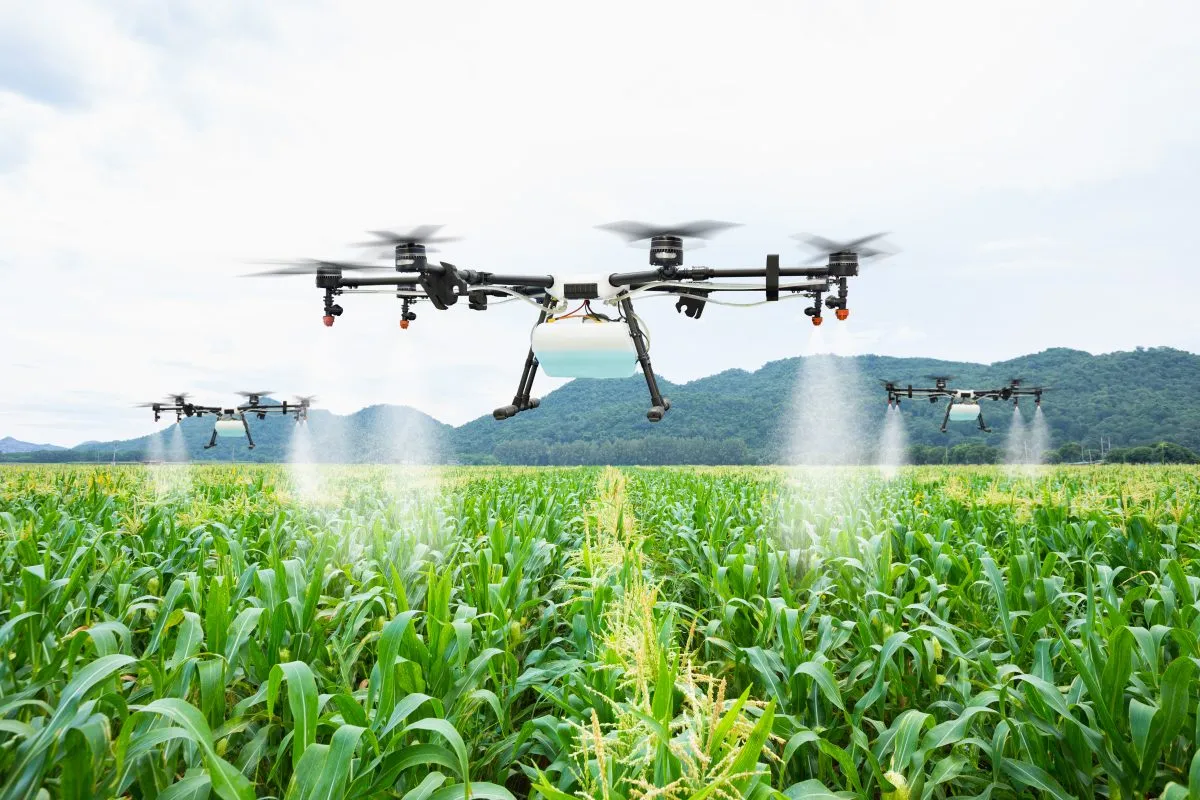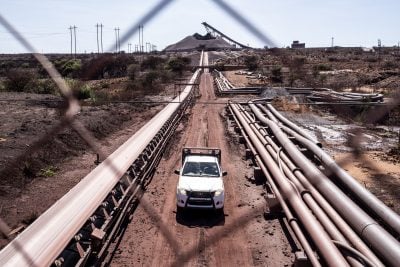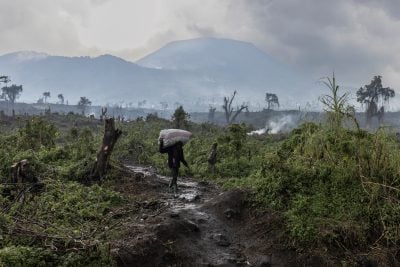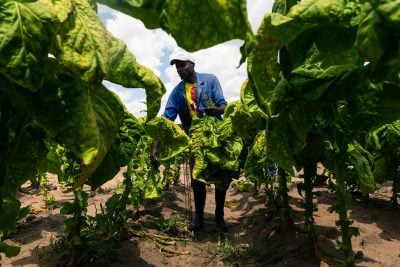Expectations are high that this week’s Africa Climate Summit in Kenya will provide momentum to unlock significant public and private sector investments in climate-related endeavors across the continent. Investments are especially needed for millions of small-scale farmers across Africa. They provide most of the region’s employment and food and are facing the worst impacts of climate change. Yet they also represent an enormous opportunity for investments in climate-smart agriculture innovation to propel a new era of equitable, sustainable economic growth.
The economics of agriculture in Africa are complicated. For many people, especially those living near or below the poverty line, agriculture provides a pathway to prosperity. In places like Rwanda, Ghana, Nigeria and Ethiopia, investments in small-scale farming have been far more powerful for reducing poverty than investments in any other sector, especially for women. Also, though many African economies have seen significant growth in their technology and services sectors, agriculture still accounts for a large portion of GDP.
But for too many African farmers, a lack of basic resources and support makes farming a poverty trap – a barrier, not a gateway, to a better life. And now a surge of climate threats to food production across Africa seem to be greatly diminishing the appeal of agriculture as an engine of economic growth. However, these threats are also inspiring a torrent of agricultural innovation across Africa. They involve advances in resilient food production that actually can enhance the economic potential of African agriculture, even in a climate-stressed world.
For example:
- Many African farmers are rediscovering the economic and environmental benefits of traditional, but neglected food crops. They are embracing a new generation of improved varieties of cassava, millets, sorghum, yams, sweet potatoes and pigeon pea – all of which are naturally suited for providing large harvests in harsh conditions.
- Researchers in Senegal are collaborating with the Mineral initiative—an endeavour backed by Alphabet (formerly Google) – to develop an affordable smartphone tool with the same capability of Mineral’s advanced crop-scanning robots and drones. African crop experts will use the tool to help farmers quickly identify varieties of beans, cowpea and sorghum already growing in their fields that are their best bets for boosting production in difficult climates.
- Livestock experts equipped with laser-powered methane detectors are helping small-scale dairy farmers in Tanzania combine indigenous, heat-tolerant cattle breeds with sustainable, nutritious feeds to simultaneously lower emissions while increasing milk production. It turns out that in a cow, producing methane – a potent greenhouse gas – diverts energy away from converting feed into meat or milk.
- About 2,500 farming households in refugee settlements in Kenya and Ethiopia are providing a living laboratory for developing food production strategies that are ultra-sustainable, equitable and profitable. Crops are watered with run-off captured from community water collection sites and local households. Crop waste is converted into cooking briquettes and livestock feed, while manure from farm animals provides fertilisers. They are producing more food but with far less resources.
This is just a small snapshot of the many innovations now being developed in Africa in response to the pressures on food production caused by climate change. In some respects, African farmers have no other choice. Climate change is accelerating faster here than anywhere in the world and losses on many African farms already are almost twice the global average. But this challenge is also encouraging our farmers to be early adopters of innovations that will be essential for the future viability of the entire global food system.
Two ways to unlock more support
The problem today is that these innovations are not being deployed at the speed and scale the climate crisis demands. Here are two ways to unlock more support.
First, many of the innovations now available to help African farmers adapt were developed via a global agricultural research partnership called CGIAR. At the upcoming COP28 global climate summit, CGIAR will present world leaders with an action plan for agriculture adaptation in Africa and other vulnerable regions. It provides an ideal vehicle for wealthy countries, who have promised significant funding for adaptation, to make good on their promise by directing their support to proven solutions.
Second, more funding will flow from the private sector if investors understand that supporting climate-smart food production on African farms is a business opportunity. Africa’s rapidly growing consumer food markets could be worth $1 trillion by 2030. Investing in a resilient green food economy anchored by Africa’s small-scale producers, including women and youth, can deliver financial, social and environmental dividends on par with investments now flowing to the continent’s green energy projects. It’s a stellar example of what socially-responsible investors call “doing well by doing good.”
This week, African leaders can do their part by making agriculture a prominent feature of their discussions at the Africa Climate Summit. At a time when we are seeing daily reminders of the grim outcomes of climate change, they can point to how African farmers are embracing innovations that can spark a global transition to sustainable, resilient and equitable food production.
Want to continue reading? Subscribe today.
You've read all your free articles for this month! Subscribe now to enjoy full access to our content.
Digital Monthly
£8.00 / month
Receive full unlimited access to our articles, opinions, podcasts and more.
Digital Yearly
£70.00 / year
Our best value offer - save £26 and gain access to all of our digital content for an entire year!


 Sign in with Google
Sign in with Google 





